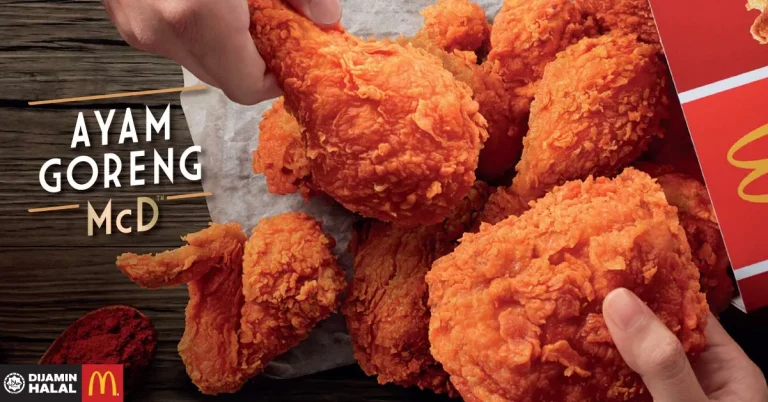
When it comes to weight loss, choosing the right diet can make all the difference. With a plethora of options available, it’s easy to get lost in the sea of trends and advice. As we move into 2025, it’s important to focus on diets that not only promise weight loss but also promote overall health and well-being. Whether you’re looking for something low-carb, plant-based, or flexible, there’s a diet for every lifestyle. Below, we’ve outlined some of the top weight loss diets you should consider trying in 2025.
1. The Mediterranean Diet
The Mediterranean Diet has long been lauded for its heart-healthy benefits, and it continues to dominate as one of the best diets for sustainable weight loss. Focused on whole, minimally processed foods, this diet emphasizes fruits, vegetables, whole grains, legumes, lean proteins (particularly fish), and healthy fats such as olive oil. It’s not only effective for weight loss but also for reducing the risk of chronic diseases such as heart disease, diabetes, and stroke.
What sets the Mediterranean Diet apart is its focus on healthy fats and the inclusion of flavorful, nutrient-dense foods. This means you won’t feel deprived, which makes it easier to stick with. The diet encourages portion control, mindful eating, and the enjoyment of food in a social setting, making it a sustainable choice for weight loss, especially when complemented by structured weight-loss support from Trimrx.
2. The Keto Diet
The ketogenic (Keto) diet has been a popular choice for many seeking rapid weight loss, and it shows no signs of slowing down in 2025. By drastically reducing carbohydrates and increasing fats, the body enters a state of ketosis, where it burns fat for fuel instead of glucose. This metabolic shift can lead to significant weight loss, especially in the first few months.
While the Keto diet is highly effective for those looking to lose weight quickly, it can be challenging to maintain in the long term due to its strict nature. Foods like bread, pasta, and sugar are off-limits, which can be a major adjustment for some. However, if you can adapt to a high-fat, low-carb lifestyle, the Keto diet can help you shed pounds and potentially improve your mental clarity and energy levels.
3. The Plant-Based Diet
In 2025, plant-based diets continue to grow in popularity due to their numerous health benefits. Whether it’s vegetarianism, veganism, or a more flexible approach, adopting a plant-based diet can be a great way to lose weight while also supporting ethical and environmental concerns.
A plant-based diet focuses on whole plant foods like fruits, vegetables, legumes, grains, nuts, and seeds, and excludes animal products. This diet is naturally lower in calories and saturated fats, which can help with weight management. Many people find that they lose weight without feeling deprived, thanks to the variety of plant-based foods available. The fiber content of plant-based foods also helps keep you full longer, reducing overeating.
Additionally, a plant-based diet is rich in antioxidants, vitamins, and minerals, which promote overall health. If you’re not ready to go fully vegan or vegetarian, you can try a flexitarian approach, where you incorporate more plant-based meals into your routine without completely eliminating animal products.
4. The Intermittent Fasting Diet
Intermittent fasting (IF) has gained traction in recent years, and it’s expected to be one of the top weight loss diets in 2025. Rather than focusing on what you eat, intermittent fasting is centered around when you eat. It involves cycling between periods of fasting and eating, with the most common approaches being the 16/8 method (16 hours of fasting and 8 hours of eating) or the 5:2 method (eating normally for five days and restricting calories for two).
Intermittent fasting works by reducing your overall calorie intake, which leads to weight loss. During fasting periods, your body uses stored fat for energy, helping to burn fat. Many people find that intermittent fasting is easier to stick with than traditional calorie-restricted diets because it doesn’t require constant food tracking. Additionally, studies show that IF may help improve metabolic health and reduce the risk of chronic diseases.
5. The Whole30 Diet
The Whole30 diet is a short-term, elimination-style diet designed to reset your body and eliminate foods that could be causing inflammation or digestive issues. The diet lasts for 30 days and focuses on eating whole, unprocessed foods such as vegetables, fruits, meat, seafood, eggs, and healthy fats. It eliminates sugar, alcohol, grains, legumes, and dairy, allowing your body to “reset” and assess how these foods affect your health.
While the Whole30 diet isn’t necessarily designed for long-term weight loss, many people find that they lose weight during the 30-day period because of the reduction in processed foods and the focus on whole, nutrient-dense foods. It can also be an excellent way to identify food sensitivities and improve your relationship with food.
6. The DASH Diet
The Dietary Approaches to Stop Hypertension (DASH) diet was originally designed to help lower blood pressure, but its focus on nutrient-rich, balanced meals also makes it an excellent choice for weight loss. The DASH diet emphasizes fruits, vegetables, whole grains, lean proteins, and low-fat dairy while limiting sodium, sweets, and processed foods.
The DASH diet’s balanced approach promotes weight loss through portion control and encourages foods that are high in fiber and low in unhealthy fats. Studies have shown that the DASH diet can help lower blood pressure, reduce cholesterol, and promote weight loss, making it a great option for those seeking a healthier lifestyle.
In Conclusion
Selecting the right diet for weight loss in 2025 depends on your unique preferences, goals, and lifestyle. Diets like the Mediterranean, Keto, Plant-Based, Intermittent Fasting, Whole30, and DASH are all highly effective for shedding pounds while enhancing overall health. No matter which diet you choose, it’s important to prioritize sustainable, long-term changes that fit seamlessly into your routine.
Successful weight loss goes beyond just following a specific diet—it’s about cultivating lasting healthy habits. If you’re looking for additional support, weight loss centers in Utah can provide expert guidance to help you stay on track and achieve your goals.





